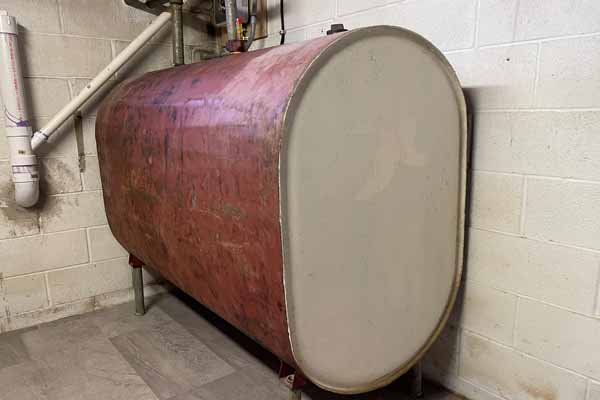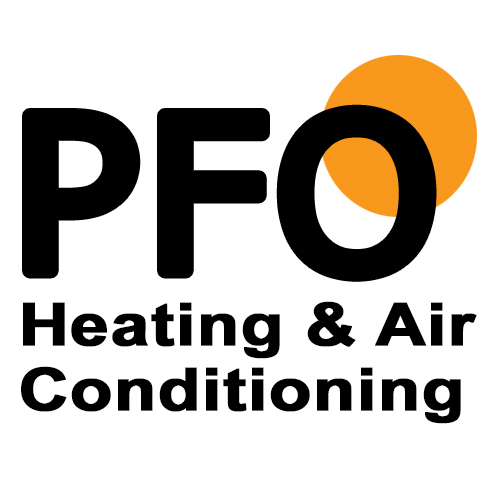
An estimated 5.5 million people in the United States use heating oil for home heating. Eighty-one percent of these Americans reside in the Northeast. Homeowners who use oil have an oil tank, which is a crucial component of their heating system. One of the most common queries is how they can keep the heating oil and the tanks in good shape. Most homeowners who use oil-heat have likely heard of heating oil additives, with some already using them. Keep reading to know more about heating oil additives.
What Do Heating Oil Additives Do?
Contents
Heating oil additives are chemicals that improve burners’ efficiency. These substances enhance combustion so the heating system can enjoy a cleaner and more efficient operation.
Four types of heating oil are available: stabilizers, water controllers, biocides, and line and oil nozzle cleaners. Stabilizers protect the heating oil from degradation caused by outdoor environmental factors, including antioxidants. Water controllers help in reducing problems resulting from condensation in the tank. Biocides treat the microbial growth inside the tank. Lastly, line and oil nozzle cleaners cleanse the fuel delivery line. This line is where the oil travels from the tank to the burners. These cleaners also flush out any sludge that accumulates at the bottom of your tank.
What Do We Use Heating Oil Additives For?

What is a home heating oil additive used for? We should first consider why we need additives.
Keep in mind that homes use refined crude oil for heating. Nowadays, crude oil undergoes a different process of refinement than in the past. This is due to the manufacturer’s consideration of the oil’s environmental impact and the growing demand for low-sulfur diesel.
These changes have an effect on the fuel, making it less stable with high carbon residue. Manufacturers have enhanced and upgraded the composition of chemicals in these additives so these changes can be counteracted and the fuel attributes are improved.
Consider using heating oil additives if you encounter any of these problems:
- Sludge accumulation
- Oil tank freezing
- High usage rates
- Clogged fuel lines
Related Article: How Much Heating Oil Will I Use A Day?
How Do Fuel Oil Additives Work?
The attributes of the oil change when it goes through a refinery, causing the development of impurities in the fuel.
Particles like dirt, water droplets, and soot can be found in impurities that impact your oil tank. The system will have reduced efficiency when the tank has impurities.
Additives can help get rid of these impurities so your system works more efficiently. They assist in the water droplet emulsification so that bacteria growth is prevented and reduced.
Additives have a chemical composition that lets them break down impurities like dirt and soot so they can go through the tank filter without causing a clog. Additives can make these pollutants smaller so they can be burned and removed from the system.
Common Issues Fixed by Heating Oil Additives

What people want to know is if oil additives are cost-effective. Here are some situations regarding the difficulties you may encounter and the solution for these issues.
Clogged Burner Nozzle
The burner nozzle of the tank can become clogged if there is buildup of chemical components like carbon. Clogs can keep the heating system from conducting effective fuel combustion as the burner nozzle facilitates the oil spray.
Additives usually have cleaning components that dissolve chemical buildup. This enables your burner nozzle to work more efficiently.
Related Article: Should My Furnace Smell Like Heating Oil?
Extra Condensation In Oil Tank
If there is excess condensation in your tank, the components can rust, and bacteria can grow. Additives will emulsify the water droplets, so bacteria don’t grow.
Additional additives can also reduce higher amounts of water from the system, which means you prevent rusting. Remember that rust can cause other problems.
Gelling of Heating Oil
One of the factors contributing to oil gelling is low temperatures. When this happens, oil can’t flow easily from the tank to the burner, and the filters, fuel line, and nozzle often clog.
Additives that have anti-gelling properties help decrease the temperature wherein gelling occurs in the fuel. This is highly beneficial for homes located in colder areas.
The Buildup of Sludge in the Oil Tank
You have clogged filters and lines if the base of your tank has sludge buildup. This results in the tank having reduced heat-producing capabilities. The tank may become faulty or completely stop working. If you have to shut off your heat to keep the lines from clogging during delivery, your tank has a sludge issue.
Additives designed to dissolve sludge will help the heating oil dissolve sludge. This way, sludge is reabsorbed and burned off. The tank can then resume normal operations.
Disadvantages of Using Heating Oil Additives

The pros of heating oil additives surpass their cons. However, it is still best that you are aware of the likely disadvantages.
- Oil additives can’t remove all condensation in your system. If you have tried using an additive and not all the water was removed, contact an HVAC professional to help you.
- Pay careful attention to additives with alcohol, as they can cause other problems.
- If there is a lot of sludge in your tank and you use a line and oil nozzle cleaner, it can get clogged. Call a professional immediately so no further damage is done.
Take note that there isn’t a single additive that can resolve all issues your tank may encounter. It may be costly to use various additives. However, doing so will improve the efficiency of your tank and help you save money. Speak to your local, trusted HVAC technician to ensure you follow guidelines and your tank operates optimally.
Related Article: Should My Furnace Smell Like Heating Oil?
Call PFO Heating & Air Conditioning For Reliable Heating Oil Deliveries

When you’re searching for a reputable heating oil delivery company, you can contact PFO Heating & Air Conditioning.
We offer the best home heating oil delivery and the most reasonable heating oil prices in the area. Our team of expert technicians also provides HVAC services to help improve the performance and efficiency of your heating equipment. Should you require a new heating oil tank for your home or office, you can trust our experts to find the best one to meet your needs.
Call PFO Heating & Air Conditioning today and learn more about the services we offer. We will be happy to answer all your questions and concerns.
Click here to contact us now or call us at (800) 253-9001 to find out more! Click the link to view our service area.



